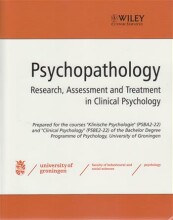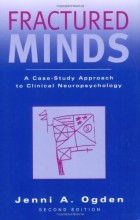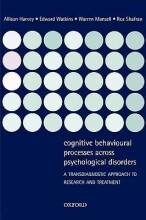Stress and Illness Moderators
11 important questions on Stress and Illness Moderators
Cohen and Lazarus 5 main coping functions
- reducing harmful external conditions
- tolerating or adjusting to negative events
- maintaining a positive self-image
- maintaining emotional equilibrium and decreasing emotional stress
- maintaining a satisfactory relationship with the environment or with others.
Attentional/approach, monitoring, viglant, active
Avoidant, blunting, passive
- Higher grades + faster learning
- Never study anything twice
- 100% sure, 100% understanding
What type of coping is generally considered to be more active and in which situations?
Various models of association between personality variables and health and illness
- Personality may promote unhealthy behavior predictive of disease
- General aspects of personality may influence the manner in which an individual appraises or copes with stress or illness events
- Personality may be predictive of disease onset > underpins psychosomatic tradition
- Specific clusters of personality may predispose to specific illnesses
High negative affect (NA) individuals
Difference internal and external locus of control individuals
Types of control Cognitive
Types of control Informational
Types of control retrospective
Direct effect hypothesis of social support
The question on the page originate from the summary of the following study material:
- A unique study and practice tool
- Never study anything twice again
- Get the grades you hope for
- 100% sure, 100% understanding































